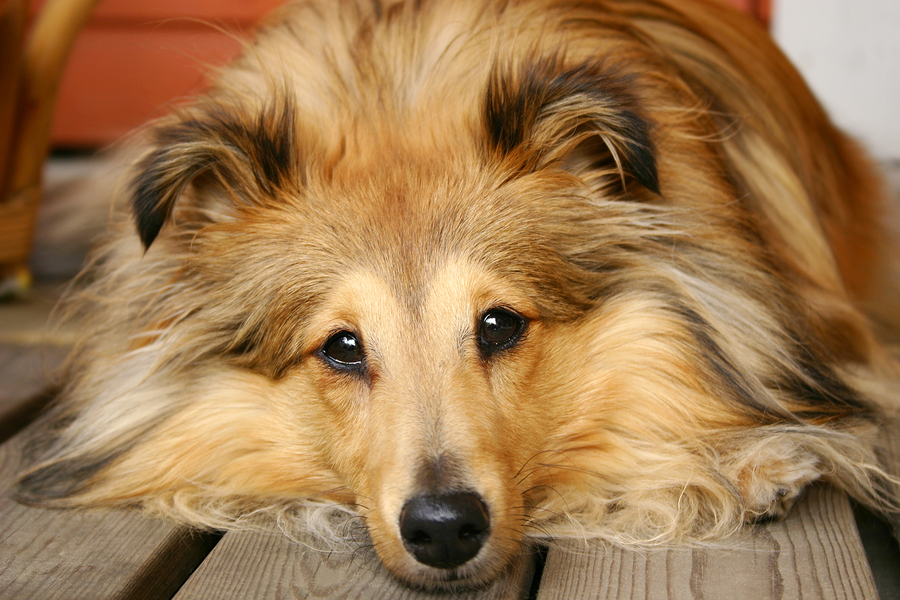I heard from a Facebook follower with a question about a problem we’re seeing more of in dogs lately — gall bladder disease:
Q: My senior cocker spaniel has been diagnosed with something called “gallbladder mucocele.” Is it common for dogs to have gallbladder problems?
A: It’s unusual for dogs to develop painful gallstones the way people do, but we are starting to see dogs with gallbladder mucocele more frequently. It’s a blockage that typically occurs in middle-aged or older dogs. The average age of a dog with a mucocele is 9 years old. Your cocker is one of the breeds that seems to be predisposed to the condition; Shetland sheepdogs are another.
We’re not sure exactly what causes gallbladder mucocele. It’s a disease that we only began to recognize in the past couple of decades and that used to be considered rare. Interestingly, it seems to occur in clusters in certain parts of the country. Some of us never see a case, and others might see a half-dozen or more cases a year.
One of the jobs of the gallbladder is to store bile, which has a digestive function. Mucoceles occur when the gallbladder wall starts secreting a thick mucus into the bile, forming a sludge and making it difficult for the normally liquid bile to flow out through the bile duct. The backup of bile causes the dogs to become jaundiced and develop other symptoms, including lethargy, appetite loss and abdominal pain. An ultrasound exam gives us a definitive diagnosis, because a gallbladder in this state looks a lot like a cross-section of a kiwi fruit.
If it looks as if the gallbladder is about to rupture, the veterinarian removes it surgically. For an older dog who isn’t having any problems and isn’t obstructed, the veterinarian may take a wait-and-see approach, managing the condition with medication and regular physical exams and ultrasound scans.
Read more, and take a quiz that will test your “Cat IQ,” in this week’s Pet Connection!


